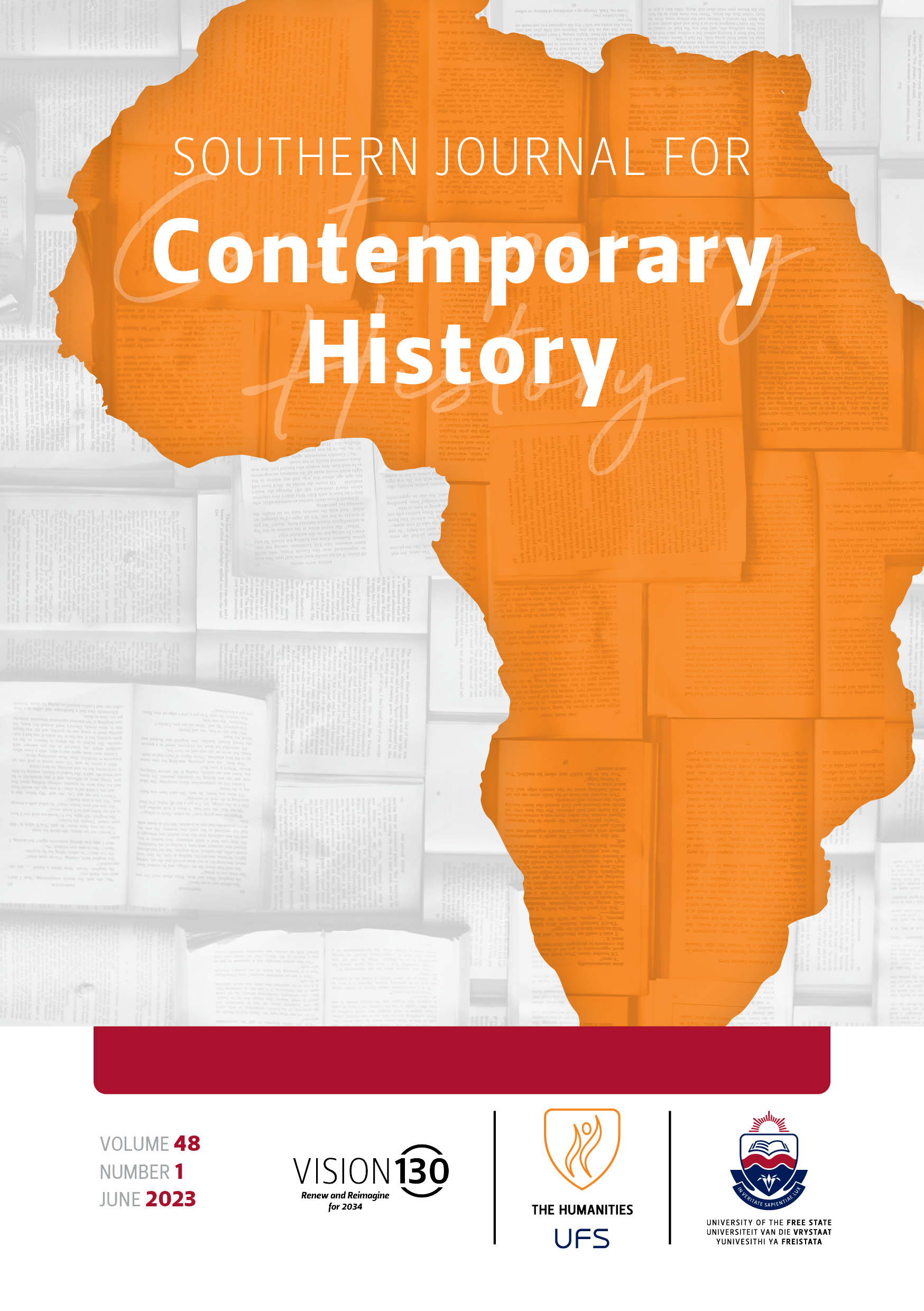"A Fractious Lot”: Farmer and Arda Relations in the Rusitu Dairy Farming Contract Scheme in Zimbabwe, From c.1985 to 1997
DOI:
https://doi.org/10.38140/sjch.v48i1.6979Keywords:
Contract farming, Management, Rural development, Poverty, Smallholder, Dairy FarmingAbstract
Globally, smallholder contract farming has been regarded as one of the key pathways to sustainable rural livelihoods. Several less developed countries have adopted and implemented with varying outcomes smallholder contract farming as a double-barreled initiative – to enhance both rural livelihoods and agricultural transformation. Using the example of ARDA Rusitu Small Scale Dairy Settlement Scheme in Zimbabwe’s Chipinge District, this paper seeks to examine the nature and development of smallholder contract farming projects in post-colonial Zimbabwe between 1985 and 1997. This study was prompted by the need to rethink the role and management of smallholder contract farming projects in poverty reduction. In collecting research data, the study makes use of interviews, personal observations and project reports. For Zimbabwe, smallholder contract farmers over the post-colonial period retained unresolved tensions. While at its inception the ARDA Rusitu Small Scale Dairy Settlement Scheme beamed with great potential to alleviate poverty and cater for household food insecurity, the euphoria was short-lived and did not provide the anticipated solid ground for sustainable rural livelihoods. The scheme was haunted by a multiplicity of problems including malfeasance and poor management right from its inception in 1985. The agrarian contracts formulation process was fraught with a number of problems which threatened the sustainability of the project.
Downloads
##submission.downloads##
Published
How to Cite
Issue
Section
License
Copyright (c) 2023 Jabulani Garwi

This work is licensed under a Creative Commons Attribution 4.0 International License.




